Digitally Inclusive Healthy Ageing Communities (DIHAC) in Singapore 2024
Digitally Inclusive Healthy Ageing Communities (DIHAC) study is a cross-cultural study in Japan, Republic of Korea, Singapore, and Thailand. It has recently expanded to India. DIHAC study explored how the digital inclusion policies in different countries, are realized through the community empowerment in the diverse culture and contexts, especially equity of the access, usage and participation among the older persons. They also identify how the digitization policies interact with healthy ageing programs and lifestyle of older persons through the dialogue with community residents.
Singapore, the global and regional leader in digital economy and innovation is also experiencing an ageing population and its related challenges. It has been investing significantly and promoting healthy ageing through the national programs, NGOs and communities’ effort.
DIHAC study principal investigator Associate Professor Myo Nyein Aung, from Department of Global Health Research, Juntendo University Tokyo, Japan and co-PI Dr Yuka Koyanagi joined the activities of DIHAC Singapore team led by Associate Professor Carol Ma, Head of Gerontology Programme, Singapore University of Social Sciences (SUSS), in the last two weeks of January 2024. DIHAC study team collaborated with Lions Befrienders Service Association ( Singapore) to observe and understand current digital inclusion and healthy ageing programs ongoing in Singapore and community participation at several locations.
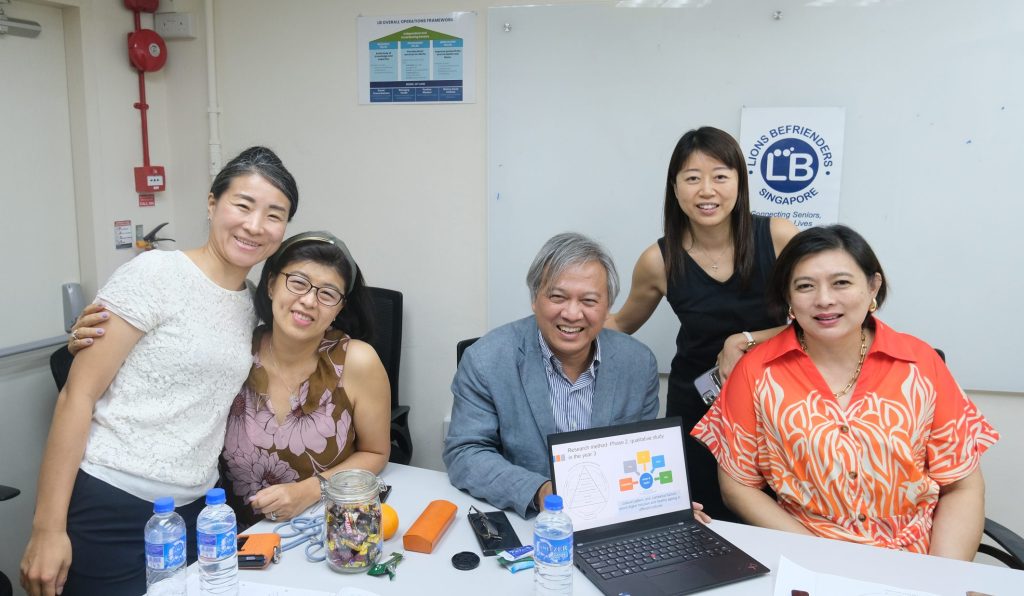
Figure 1: DIHAC study team, (from the left) Dr. Yuka Koyanagi, Juntendo University and Tokyo Ariake University, Elizabeth Teo Wai Choo (SUSS), Associate Professor Myo Nyein Aung, Juntendo University, Associate Professor Carol Ma, (SUSS) and Karen Wee, Executive Director Lions Befirenders Service Association Singapore ( on the right)
The team had dialogues with senior citizens who use different kinds of smart phone applications. We noticed that wearables are trendy and making older persons practice regular physical activity, and healthy lifestyles. A large proportion of Singaporean seniors wear smart watch provided by the national program.
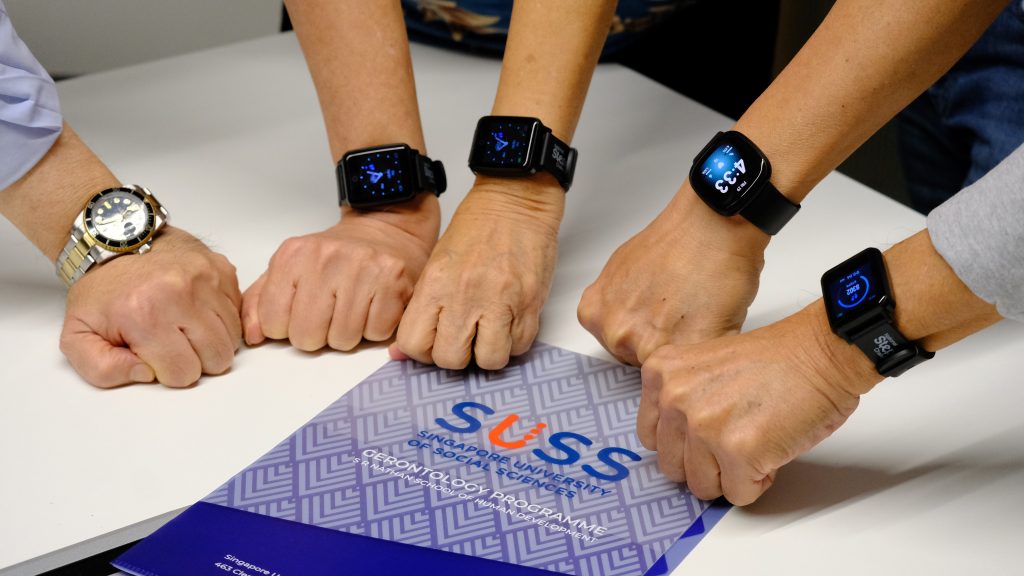
Figure 2: Singaporean seniors exhibiting their watches, 2024 January
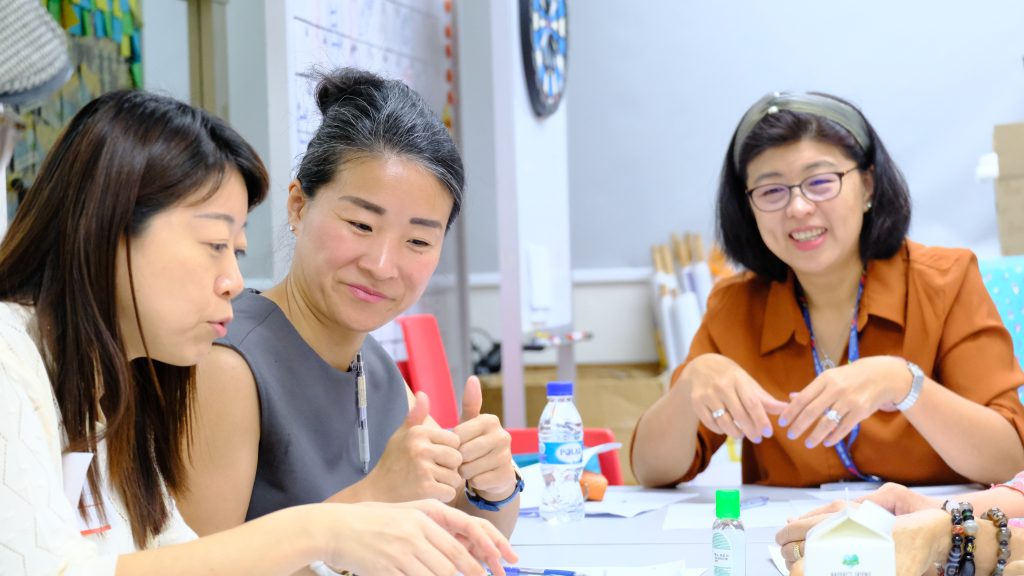
Figure 3: From left to right, DIHAC study investigators Associate Professor Carol Ma (SUSS), Dr Yuka Koyanagi, (Tokyo Ariake University and Juntendo University, Japan) and Elizabeth Teo Wai Choo (SUSS) interacting with seniors at a senior active center in Singapore.
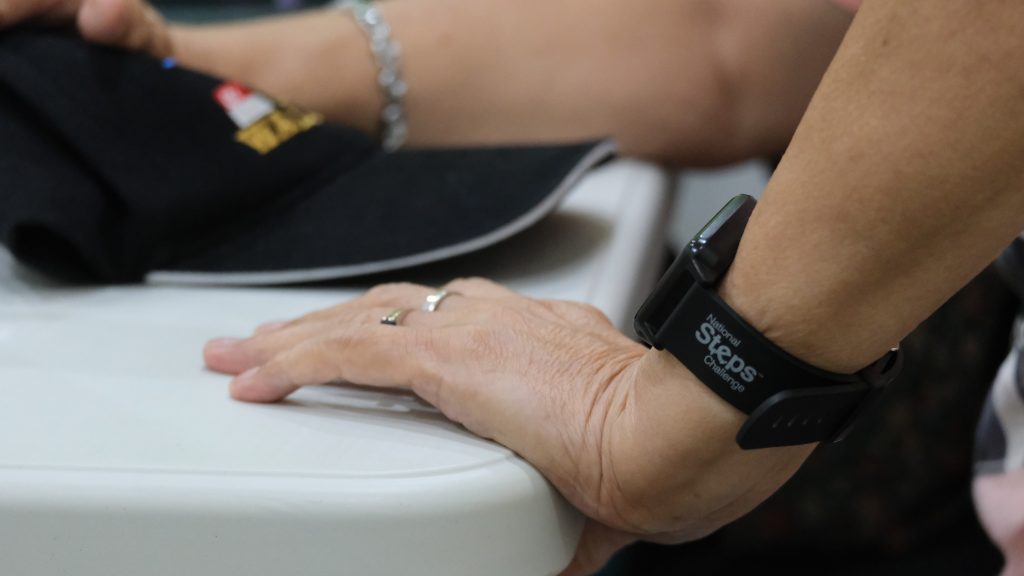 Figure 4: An active senior with Smart Watch provided to everyone by the national program in Singapore (January 2024)
Figure 4: An active senior with Smart Watch provided to everyone by the national program in Singapore (January 2024)
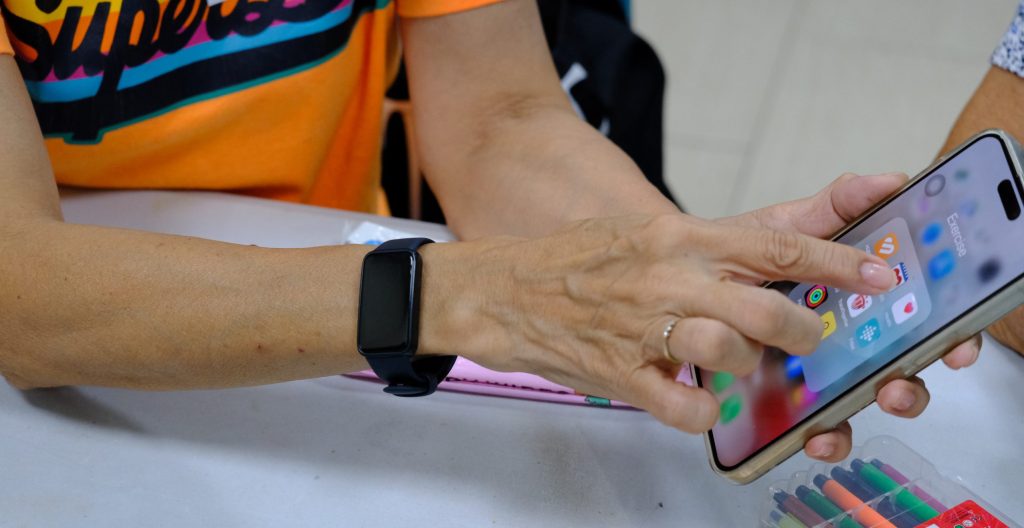
Figure 5: An active senior who is also wearing a smart watch, explaining her exercise apps to DIHAC study team in Singapore , January 2024
DIHAC team was explained by the community residents that the mobile internet package is reasonably cheap for pensioners due to a flat rate discount price by all network providers.
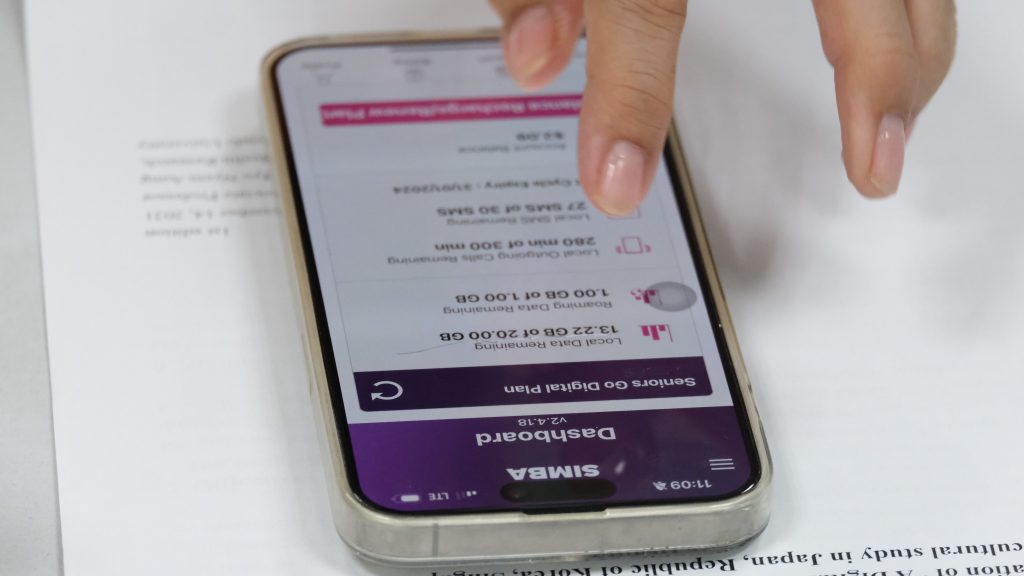
Figure 6: Mobile internet package specially sold for the older persons in Singapore, January 2024
In the multi-cultural lion city, mobile phones and digital applications are well established as part of older persons’ daily life for navigation, shopping, accessing to public services, communication, information search, entertainment, access to healthy ageing programs, healthy lifestyle, and connecting to others.
DIHAC study team discussed with founders of SG Assist, care resource organization. Furthermore, DIHAC study team observed and participated in the activities of Community Fridge at Tampines Changkat. It is the volunteer activity of collecting healthy vegetable and fruit from supermarkets and grocery outlets and deliver free-of charge to the seniors who need to have those for a healthy meal. The activity is contributed and organized regularly by Elizabeth Teo Wai Choo (SUSS), who is a DIHAC Singapore researcher.
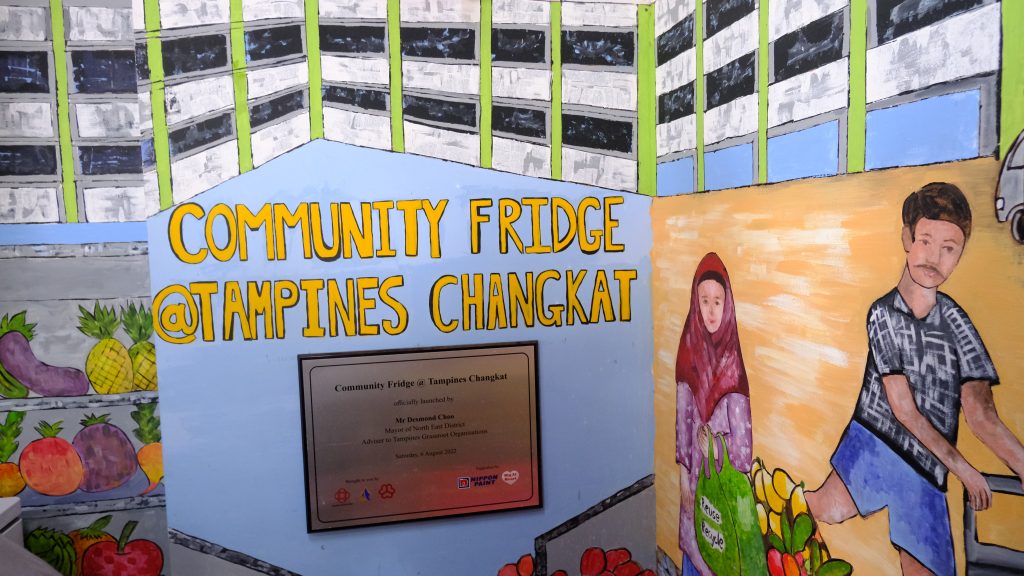
Figure 7: Community Fridge at Tampines Changkat, Singapore January 2024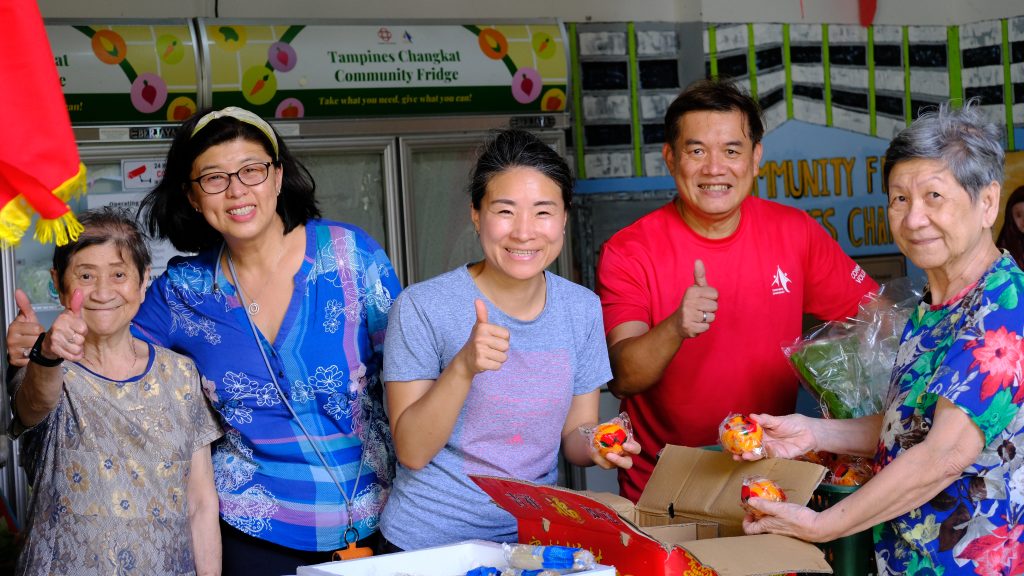
Figure 8 DIHAC study team and community volunteers
DIHAC study in Singapore is expected to identify empowerment model which enables digitally inclusive healthy ageing community in its multi-cultural context and share it with other countries preparing to invest healthy ageing.
